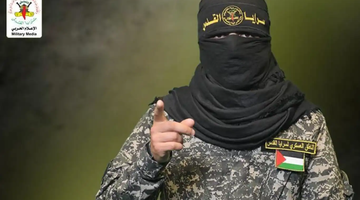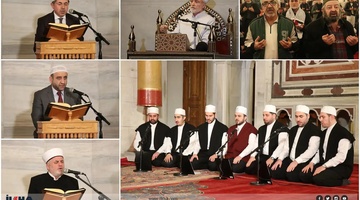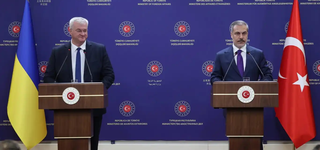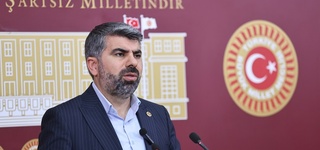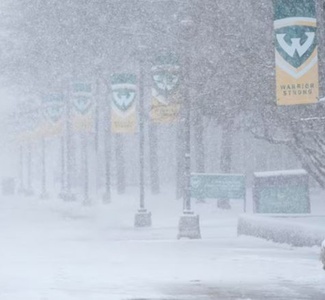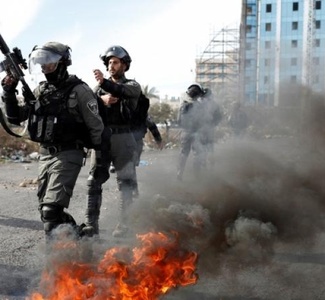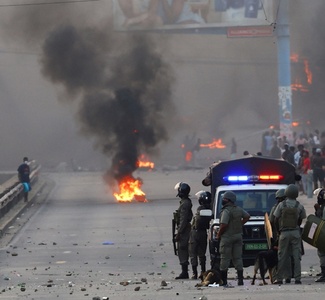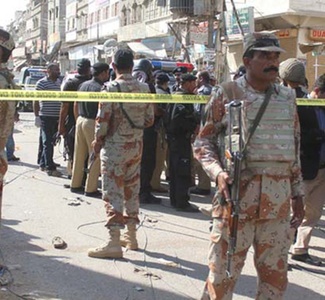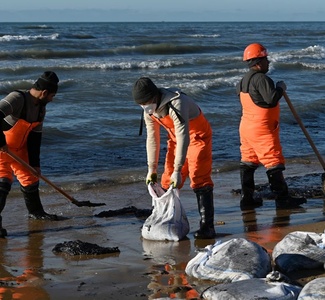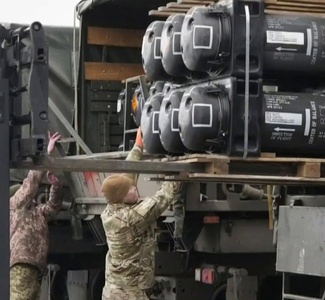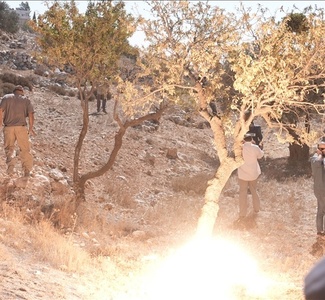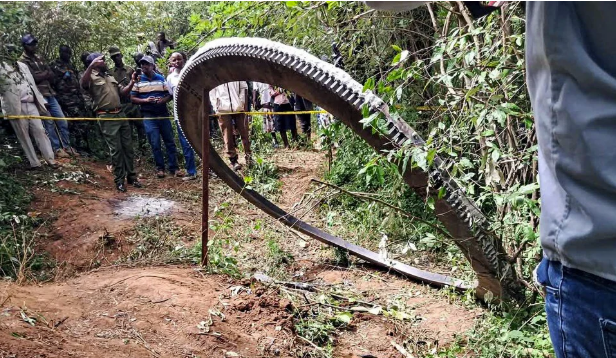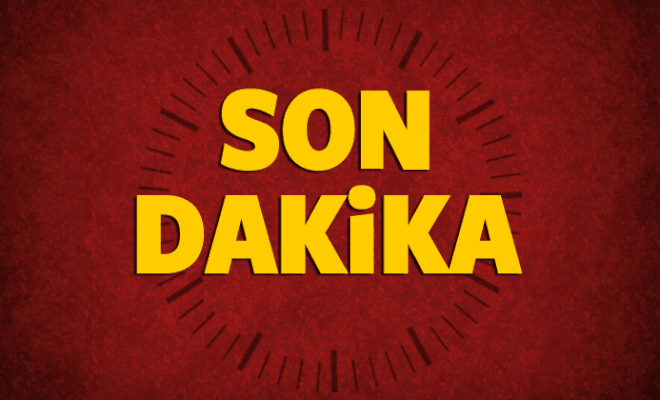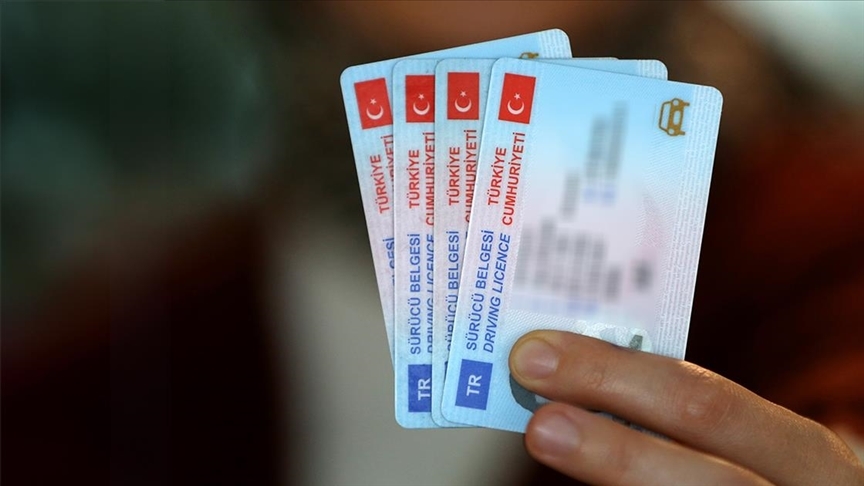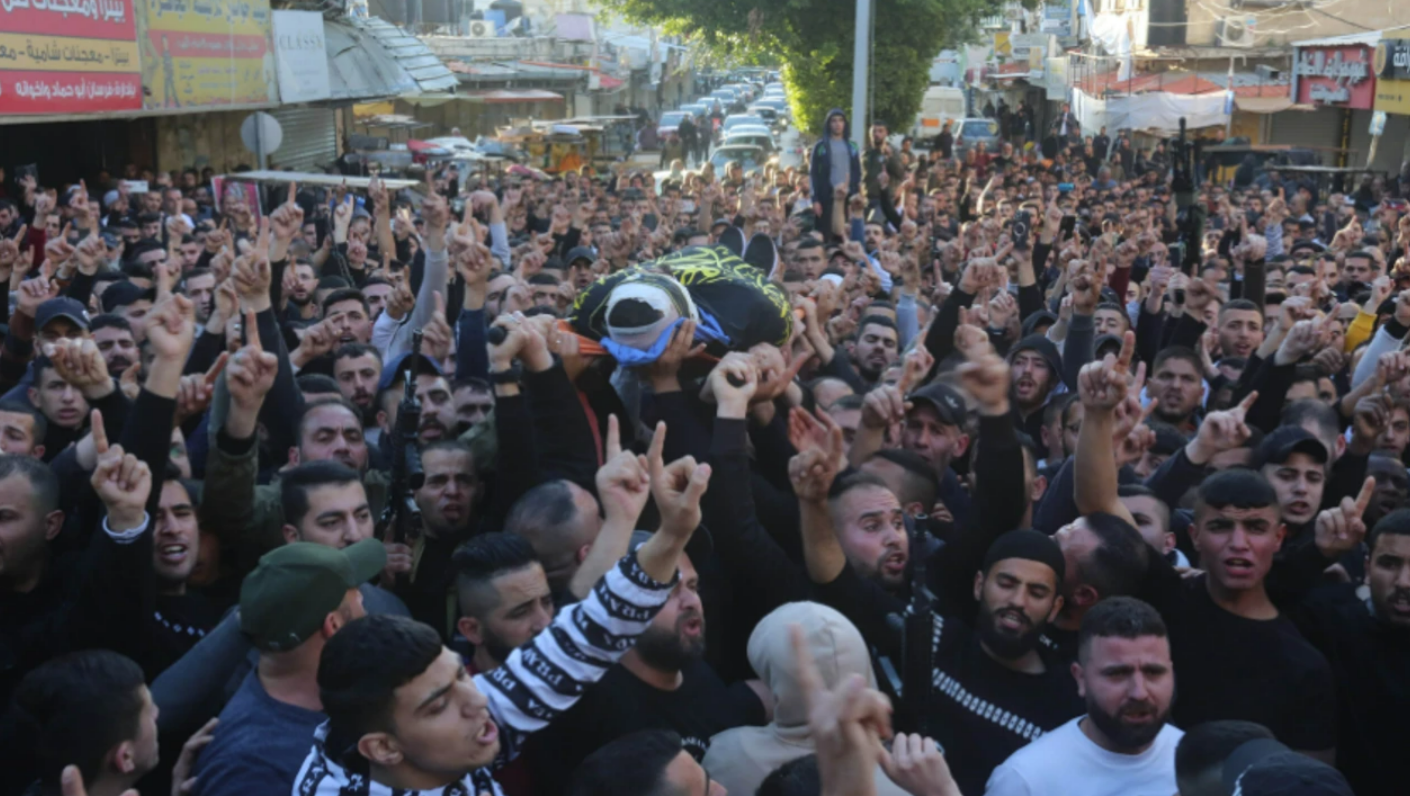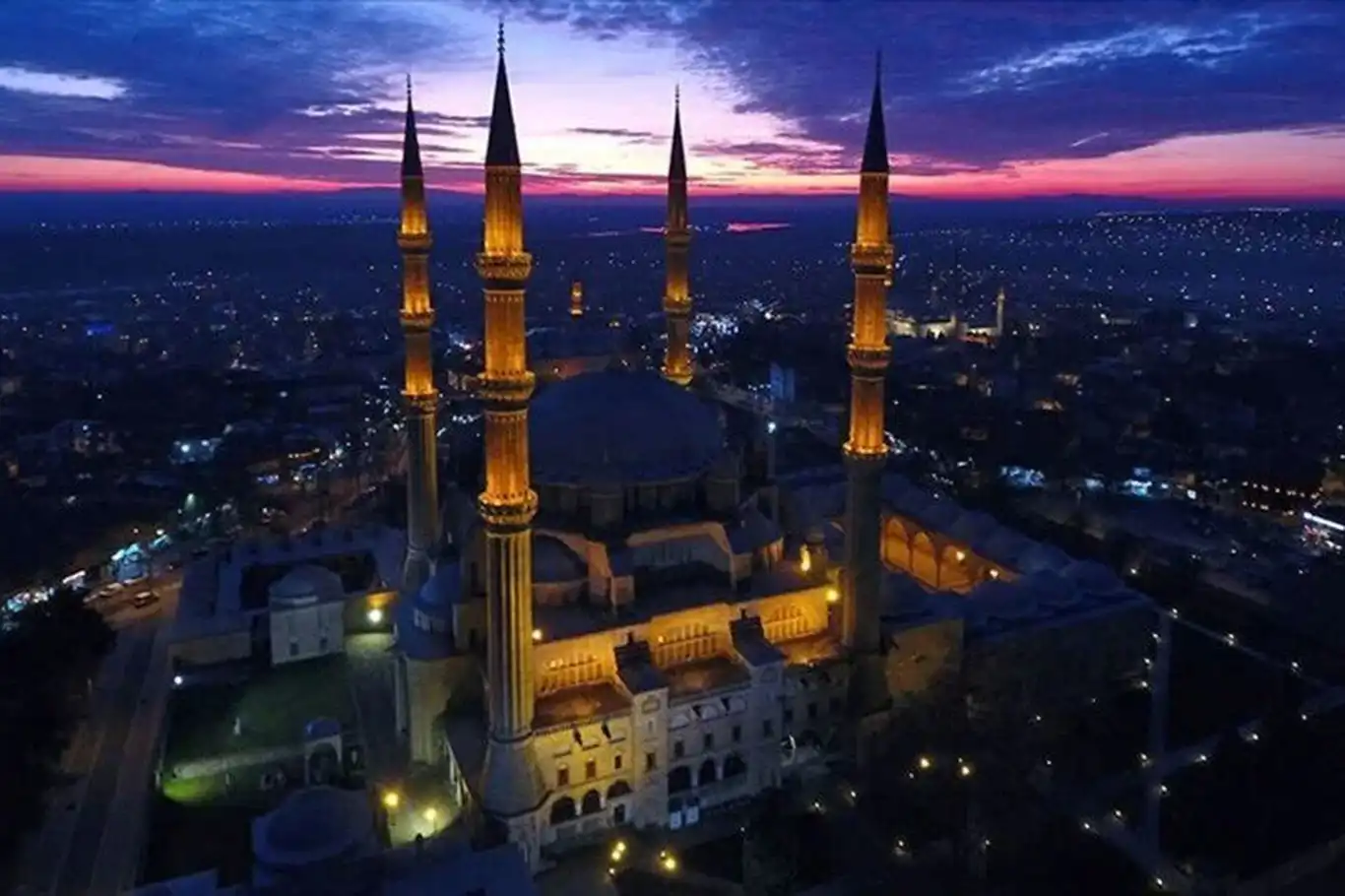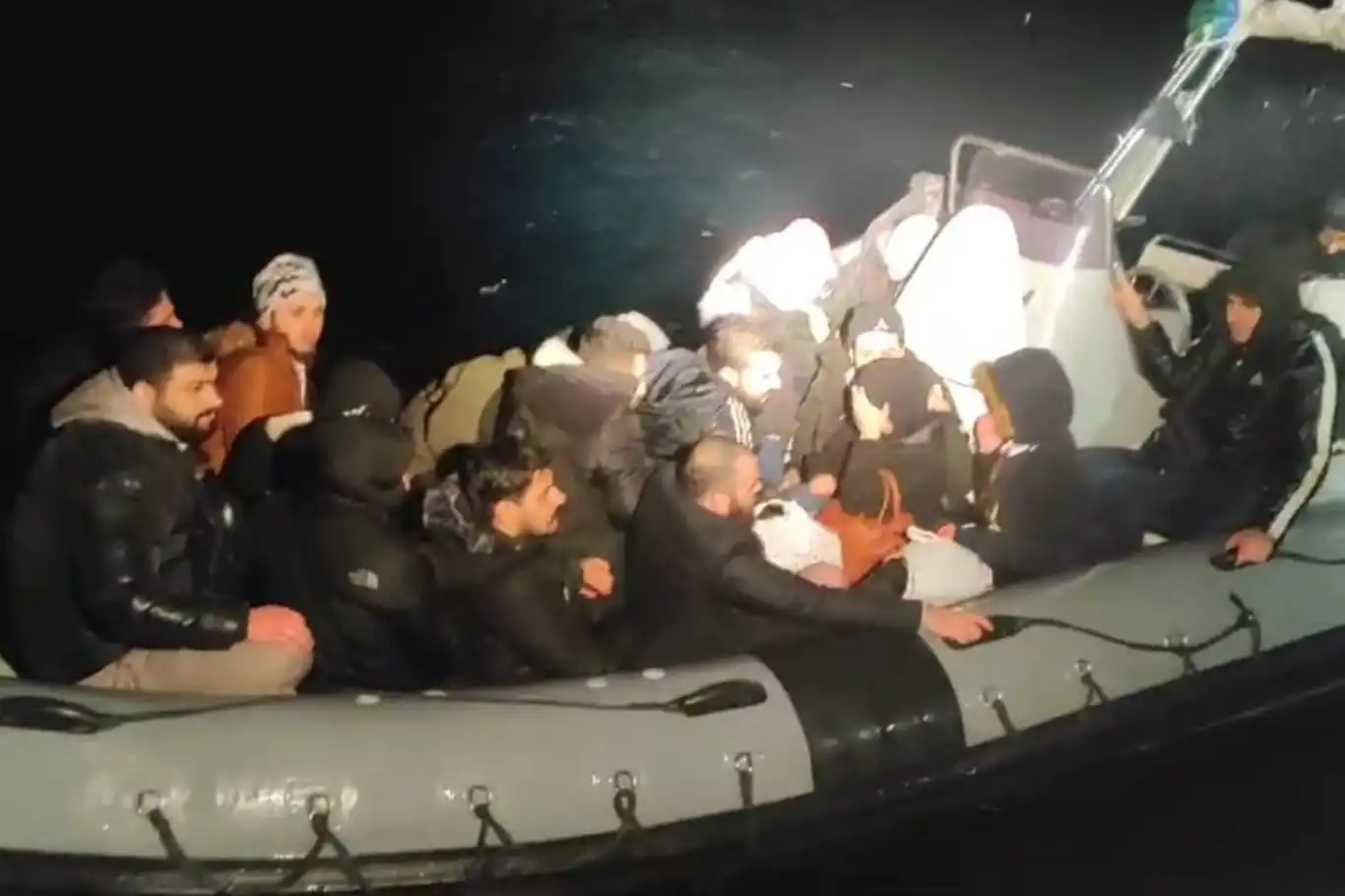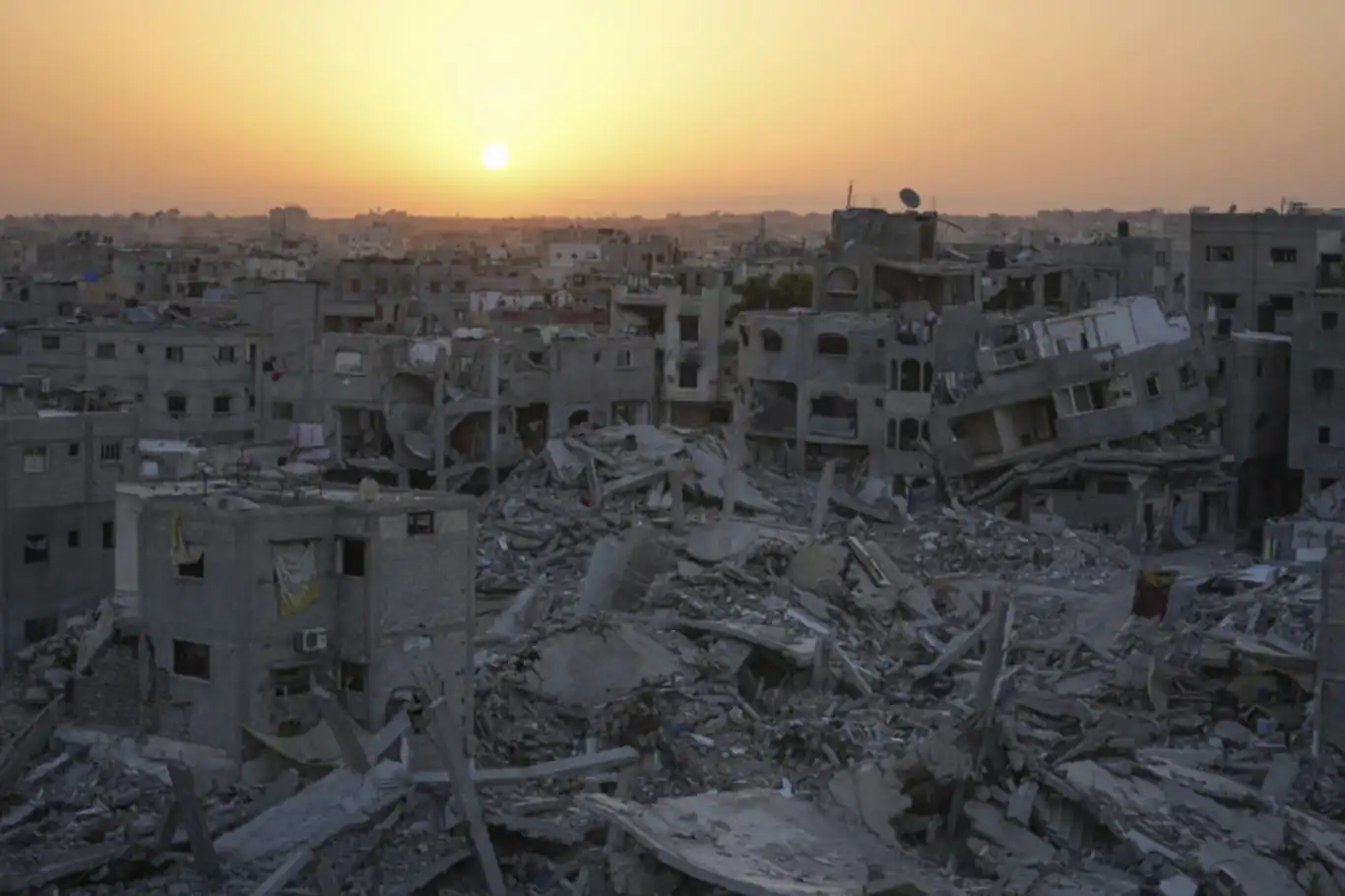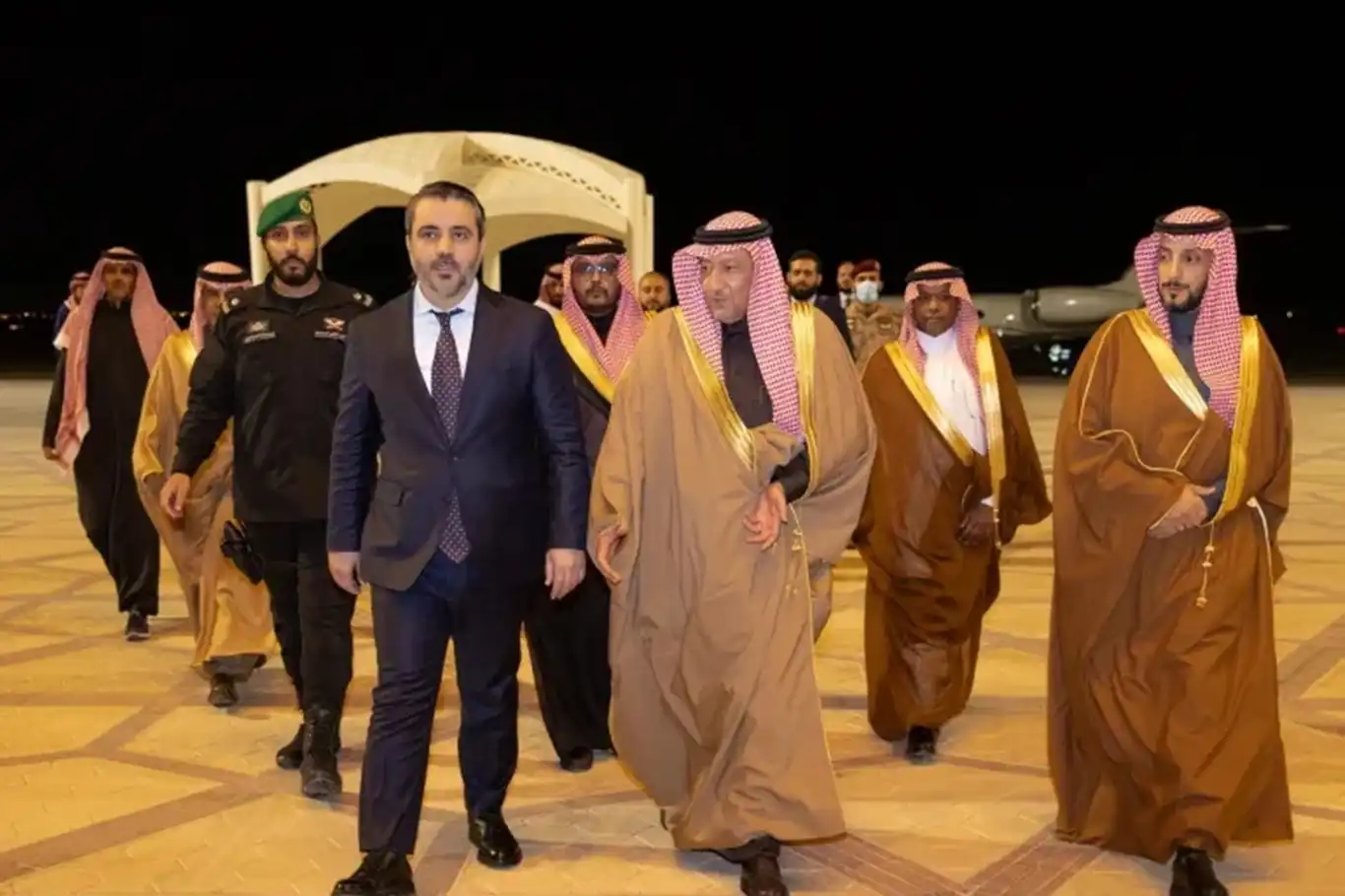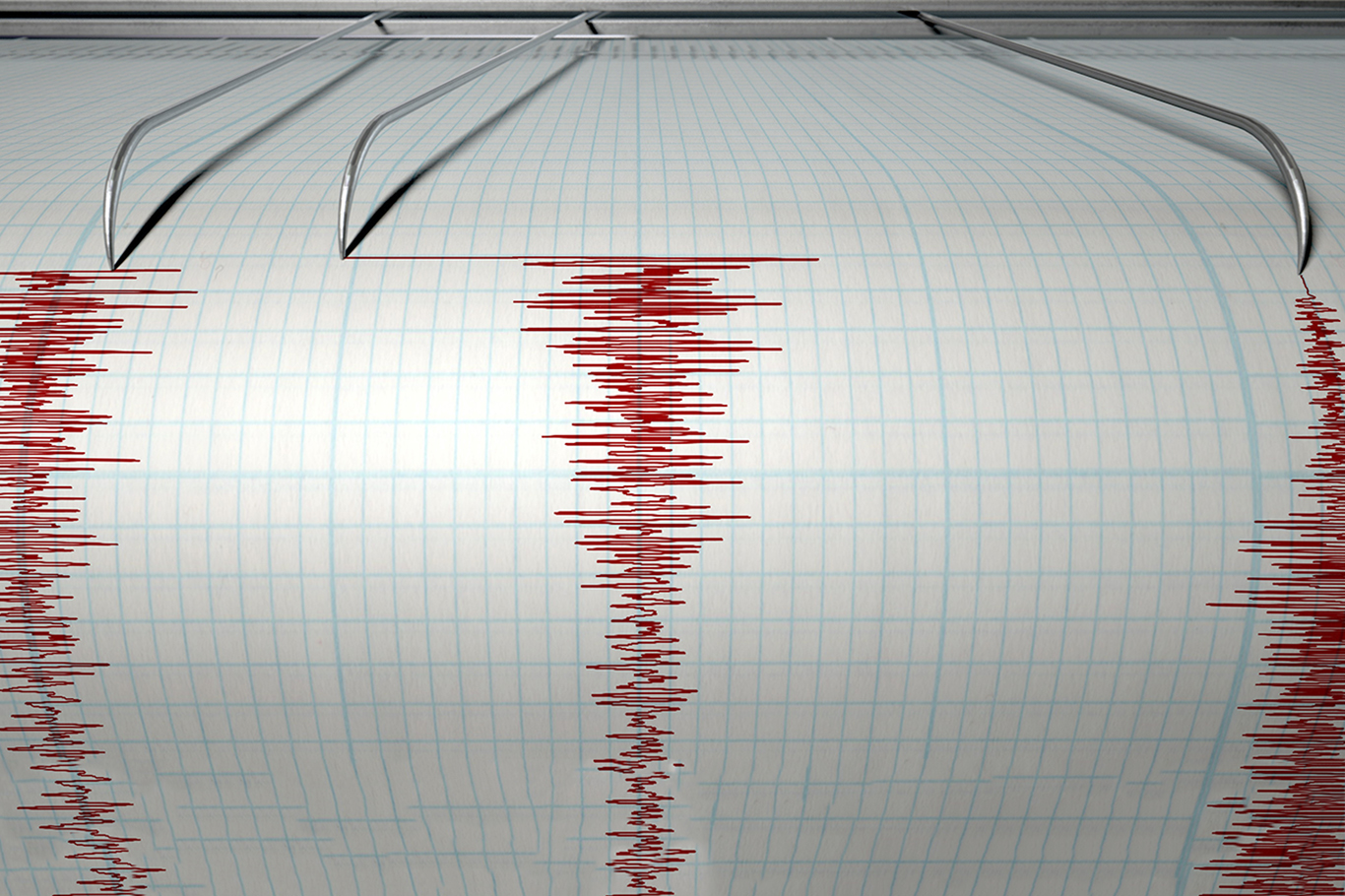Hamas reaffirms commitment to resistance on al-Arouri's martyrdom anniversary
The Islamic Resistance Movement Hamas has reiterated its unwavering commitment to the Resistance, emphasizing that the assassination of its leaders, including Deputy Chief Saleh al-Arouri, has not weakened their resolve.
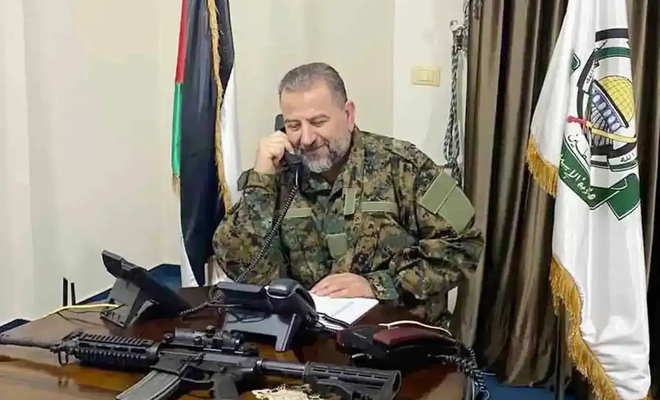
 Google News'te Doğruhaber'e abone olun.
Google News'te Doğruhaber'e abone olun. On the first anniversary of al-Arouri’s martyrdom, Hamas issued a heartfelt statement honoring his memory and that of other leaders who have been martyred in the struggle for Palestinian liberation.
The statement highlighted that the blood of al-Arouri and his fellow commanders, along with tens of thousands of Palestinian martyrs from Gaza, the West Bank, the diaspora, and the broader Arab nation, continues to serve as a guiding beacon for the Resistance. Hamas emphasized that the Israeli occupation's attempts to break their resolve have failed and will continue to fail. The movement underscored that the sacrifices made by these martyrs are not in vain but instead fuel the ongoing fight for freedom and justice.
In its statement, Hamas honored the memory of al-Arouri along with his fellow leaders: Qassam commander Samir Fandi (Abu Amer), Qassam commander Azam al-Aqra (Abu Ammar), and several other members of the movement who were martyred in the battle for freedom and dignity. The movement reiterated its commitment to the cause for which these leaders sacrificed their lives: the liberation of al-Quds (Jerusalem) and the Al-Aqsa Mosque. The legacy of these martyrs, Hamas stated, remains a source of inspiration for Resistance fighters determined to continue their mission.
Hamas further emphasized that the Israeli occupation's assassination of al-Arouri and his fellow leaders "has failed, and will continue to fail, in breaking the resolve of our people and their steadfast Resistance." The movement highlighted that al-Arouri and his comrades sacrificed their lives for Palestine, leaving behind a legacy of strong Resistance fighters who are resolute in their commitment to defend Palestinian land, rights, and sacred sites until full liberation is achieved.
Born in the humble town of Arura, nestled within the Ramallah district of the West Bank, on August 19, 1966, al-Arouri's life was a testament to the indomitable spirit of his people. His early education in Islamic Law at al-Khalil University was merely the beginning of a lifelong commitment to the Palestinian cause. This commitment led him through numerous trials, including over 15 years in Israeli prisons, where his resolve only deepened, forged by the harsh realities of occupation and resistance.
Al-Arouri's path was one of strategic leadership and sacrificial service. After his release from prison in 2010, he was forced into exile, a journey that took him across the Arab world—from Syria to Türkiye, Qatar, Malaysia, and finally Lebanon—where he continued his work undeterred. His role was not just in military strategy; he was instrumental in negotiating prisoner exchanges, most notably the "Faithful to the Free" deal in 2011, which saw the release of 1,027 Palestinian prisoners in exchange for one captured Israeli soldier, highlighting his diplomatic prowess and dedication to his people's freedom.
Yet, it was this very dedication that made him a target. The threats from Israeli officials, especially from Prime Minister Benjamin Netanyahu, were no secret. In a chilling echo of colonial oppression, they vowed to eliminate al-Arouri, seeing him as a significant obstacle to their control over Palestinian lands. However, al-Arouri's response was one of steely defiance, stating in an interview with Al Mayadeen that such threats would not sway his convictions or alter his path.
His assassination was more than an attempt to silence a leader; it was an assault on the collective spirit of Palestinian resistance. Yet, history has shown time and again that each martyr's blood only strengthens the resolve of the people. Hamas, in its statement on the anniversary of his death, emphasized this truth, declaring that the blood of al-Arouri and his comrades would continue to guide the resistance toward the liberation of Palestine, particularly in reclaiming Al-Quds and Al-Aqsa Mosque.
The global response to al-Arouri's murder was a testament to his impact. Condemnations came from various quarters, highlighting not only the brutality of the act but also the futility of such violence in quelling the Palestinian spirit. His legacy is interwoven with others who have sacrificed much for the cause, from the founding fathers of Hamas like Ahmed Yassin and Abdel Aziz al-Rantisi to contemporary leaders like Ismail Haniyeh and Yahya Sinwar. Each assassination, each drop of blood, adds to the narrative of resilience and resistance that defines the Palestinian struggle.
As we mark this somber anniversary, we see not just the loss of Saleh al-Arouri but the continuation of his mission through the countless others who stand in his stead. His life's work was about organizing resistance, fostering unity among Palestinian factions, and maintaining the struggle's momentum, both politically and militarily. The Palestinian people remember him as a brother, a son of the soil, whose life and death encapsulate the ongoing battle for dignity and liberation.
In the broader context, al-Arouri's martyrdom serves as a poignant reminder of the cost of freedom and the relentless nature of the occupation's attempts to stifle Palestinian aspirations. Yet, it also galvanizes the spirit of resistance, urging a collective push forward in the face of adversity. His legacy, therefore, is not one of defeat but of inspiration, urging all who believe in justice to rally for a free Palestine.
As the struggle continues, the memory of Saleh al-Arouri, like that of all martyrs, will be a beacon of hope and a call to action, ensuring that the vision of a liberated Palestine remains alive in the hearts and actions of every Palestinian and their allies around the world. His story is not just one of personal sacrifice but of a collective journey towards freedom, dignity, and the right to self-determination. (ILKHA)




























